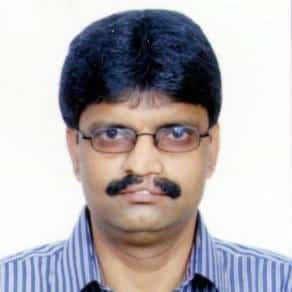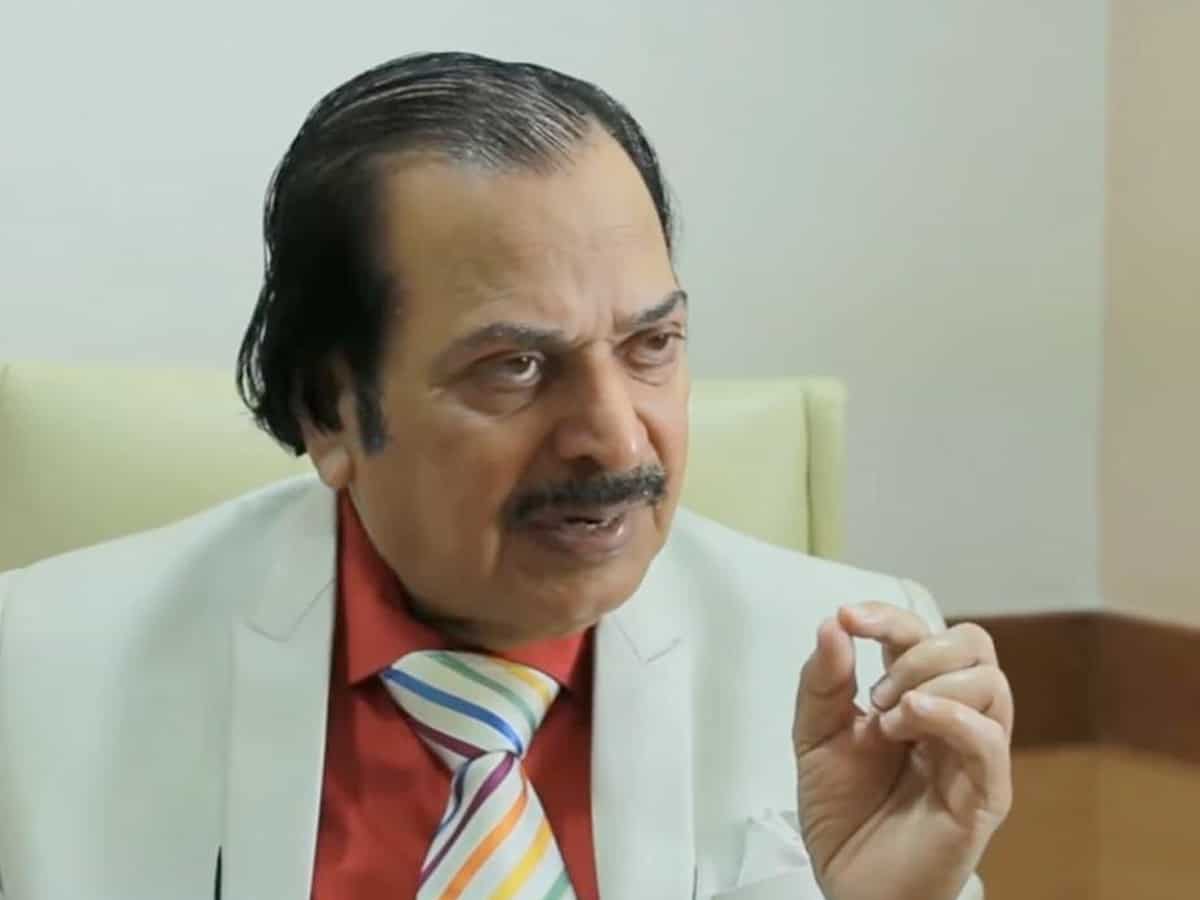
How many deaths can one afford to mourn in a week? Can a person write obituaries back-to-back and still remain sane?
Two days after I mourned death of a driver friend Sunil Kumar, I am at it again. This time it is acclaimed senior surgeon Dr Abdur Rahim Undre whom Covid-19 claimed on Monday. He died at 83 battling crazy Corona at Saifee Hospital near Churni Road, the same hospital whose surgery department he headed for years.
The cliche legendary looks small on Dr Undre. He got that honorific years ago. What would you call a surgeon who has performed some of the toughest surgeries successfully? What would you call a teacher whose students can be found at remotest of the places of city and state he worked in? They should have coined a word better than legendary to describe such supremely successful professionals.
Dr Meghna Rajput is a popular General Practitioner at Mira Road, the far western suburbs of Mumbai I inhabit. She is a kind, good doctor to whom my family members turn to when down with seasonal flu or sudden shooting pain in the belly. A decade or so ago, I was at her clinic and we generally talked about some doctors. “Do you know Dr A R Undre?, ” I asked. “Of course, I know him. He was my teacher at Grant Medical College,” she said. “Which doctor of my generation in Mumbai doesn’t know him? ”
That was Dr Undre. Immensely popular, very humble, perennially well-dressed, always smiling, Dr Undre would give you reasons to believe that he was a Sufi in the garb of a doctor.
I first met him around two decades ago at his bungalow in Bandra in the holy month of Ramzan. The annual Iftar dinner at his place drew most of the famous community members in the city. Admittedly, there were non-Muslim guests too who trooped in post-maghrib (evening) namaz to savour piping hot payas and kebabs and koftas.
Next year was 5th anniversary of the Gujarat riots of 2002. After the fifth anniversary of the Gujarat riots of 2002, Dr Undre had hit the headlines for a different reason. Some peace activists had brought over 100 children from the riot-hit Ahmedabad and other cities in Gujarat and put them in Dr Undre’s custody at the Royal Education Society that the good doctor had established at his ancestral village Borli Panchtan in Raigad district. The aim was to keep the young, vulnerable away from sites of violence and plunder and help them heal the psychological wounds they had suffered. At Borli, in Dr Undre, they found a kind parent who was also an inspirational character. Coming from the backwaters of Borli, Undre had studied in Urdu medium at Mumbai’s Anjuman-I-Islam before he passed MBBS and MS from Mumbai University, bagging several gold medals. Subsequently he went to England for higher studies and, despite getting a handsome offer to work there, he returned to India. He had once told me: “I always wanted to do something for my village and the people I had grown among.” He returned to Mumbai which gave him name and fame that is reserved only for the super achievers.
So, as the 5th anniversary of the 2002 riots neared, a group of Mumbai’s journalists were taken to Borli, Dr Undre’s village. We met the students, including those brought from the brink amidst raging fires of communalism and hatred. Good caring and disciplined hostel life had made these once embittered children eschew the anger they harboured against society. They had found a purpose and a hope and didn’t want to avenge the injustices they had been put to. I wrote their story in TOI which later won me a national award that carried a citation and a cash prize of Rs 20,000. The day (a Sunday) this story appeared, Dr Undre’s Bandra bungalow, I was told, was flooded with calls. “Man, you have put the city on fire. Our landlines and mobile phones have been ringing constantly since morning,” a member in the family told me that Sunday afternoon. It is not for nothing that I had dreamed to work for India’s largest selling English daily.
I am not a medical guy and, therefore, I will not dwell on the kind of specialisation Dr Undre had. However, let me mention one case where his intervention saved the life of my great friend, well wisher and film writer Miraq Mirza. In 1999, he was admitted to Leelavati Hospital with serious infection in pancreas. Mirza recalls that the doctors there told him that only Dr Undre could do the surgery. The surgery lasted 7 to 8 hours. “He was kind, affectionate, smiling. He gave me hope that I would recover,” writes Mirza. After recovery, Mirza thanked Dr Undre for saving his life. “It is God who saved you. I was only a medium,” Dr Undre told him. That’s how humble human beings react. There must be many such stories of his kind touch.
Dr Undre held a scalpel but had a heart of gold. There was not a single moment that he was not concerned about the educational institutions, including schools and colleges he had established for girls at Borli. Once at a press conference, when asked about the source of funds, he had quipped: “I am an international beggar. ”
He was passionately in love with Urdu poetry and could quote couplets at the drop of his hat. Since beginning, he ensured that all students at his English medium school affiliated to ICSE board kept Urdu as an optional language. I happened to interview some of the toppers of this school who had topped in Urdu too. Maharashtrian Hindu girls outperformed Muslim students in Urdu. One girl amazed me with the sound knowledge of Urdu she had acquired solely because of what she was taught in school as nobody spoke Urdu at all at her home. She told me, apart from poetry of Ghalib and Iqbal, she had read some chapters from Ghubar-e-Khatir, a collection of letters that freedom fighter Maulana Azad wrote from Ahmed Nagar jail. I can bet, not many Urdu medium students of Mumbai can tell who wrote Ghubar-e-Khatir and what is it about.
Dr Undre’s nephew and an able administrator at the Royal Education Society Arif Ansari tells me that all the students and staff feel orphaned at the death of Dr Undre.
Understandably, Dr Undre wanted to be buried at a corner of the campus he so lovingly created. They honoured his wish.
Now the widely-travelled doctor sleeps peacefully, keeping an eye on the green campus. Those who have inherited the legacy have big a task of keeping the flame of knowledge and education burning.
Mohammed Wajihuddin, a senior journalist, is associated with The Times of India, Mumbai. This piece has been picked up from his blog.

